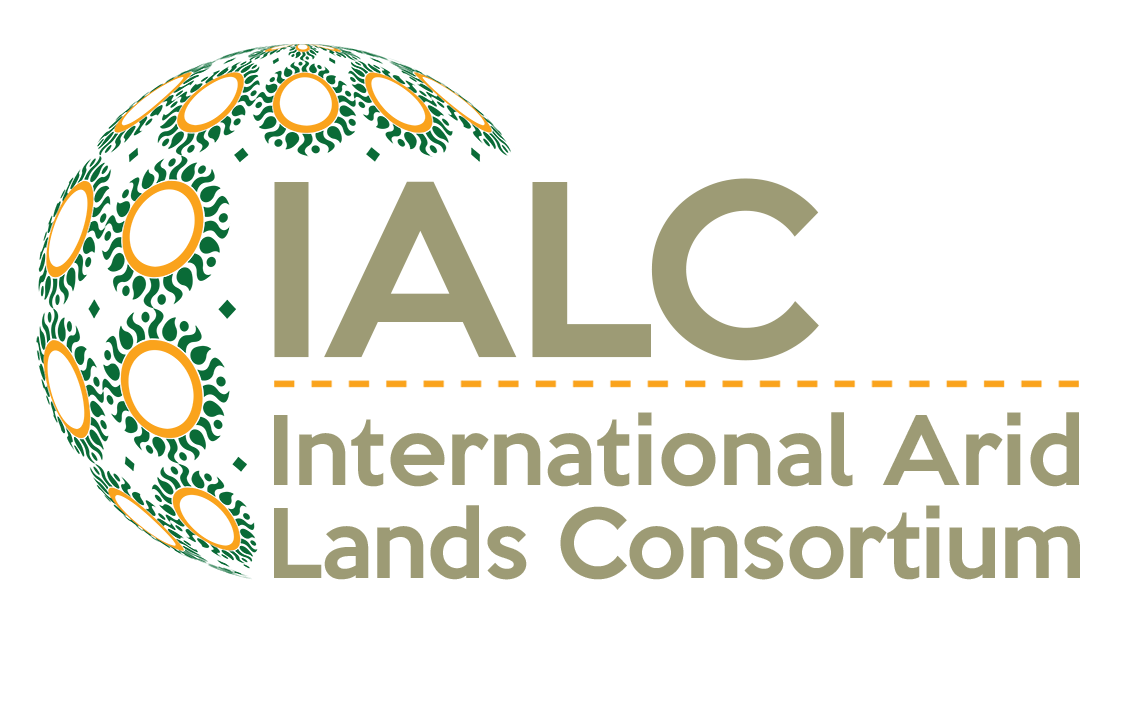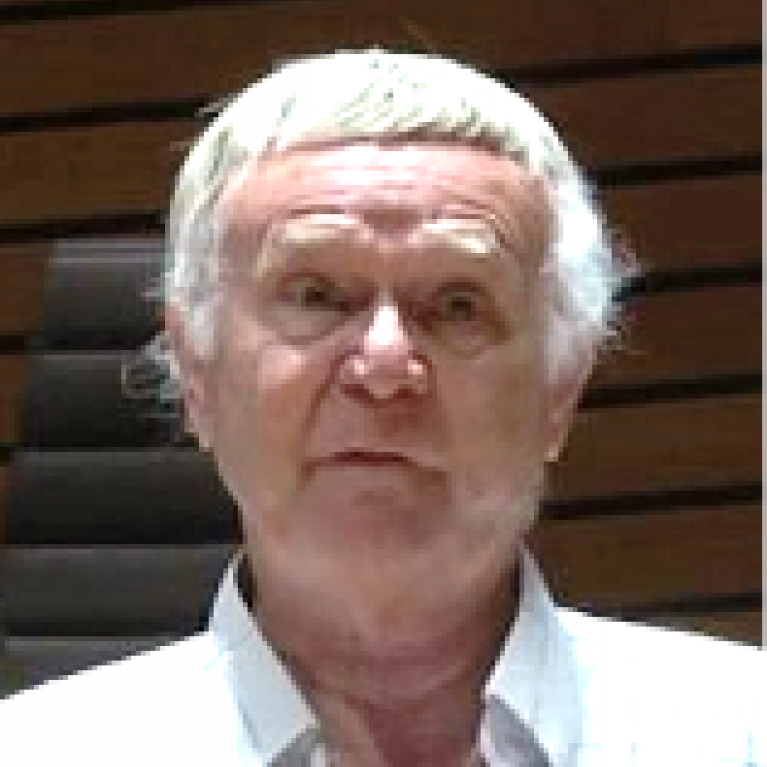Moshe Shachak
Moshe Shachak is an ecologist and Professor Emeritus in the Mitrani Department of Desert Ecology at Ben Gurion University. He has a Ph.D. from Hebrew University. Shachak’s research focuses on the structure and function of water limited ecosystems across scales that include the role of organisms as ecosystem engineers, i.e. organisms that modulate the abiotic environment and affect substantially landscape function. Most of his studies were conducted in the arid and semi-arid ecosystems of the Negev Desert to understand the responses of dryland ecosystem to global changes and to provide nature-based solution to desertification.
Shachak was born in Tel Aviv, Israel. In his early career, he studied the role of desert animals in driving eco-hydrological processes in small desert watersheds. He showed that herbivory of snails on endolithic lichens living inside rocks has major impacts of weathering of that rocky desert, similar in magnitude to aeolian deposition. A follow-up study showed that this herbivory has a fertilization effect which is about 11% of the nitrogen input in that system. These findings led to the development of the concept of ecosystem engineers, organisms that change the environment thereby affecting the distribution of many other organisms with great effect on ecosystem function. Although controversial initially, this concept has become widely accepted. One of his papers was named in the list of the 100 most influential papers in ecology and today the concept appears in mainstream ecological textbooks. He also found that animals are the main controllers over water cycle and soil erosion in desert watersheds, Shachak’s more recent research focuses on the effects of droughts on drylands productivity and diversity.


